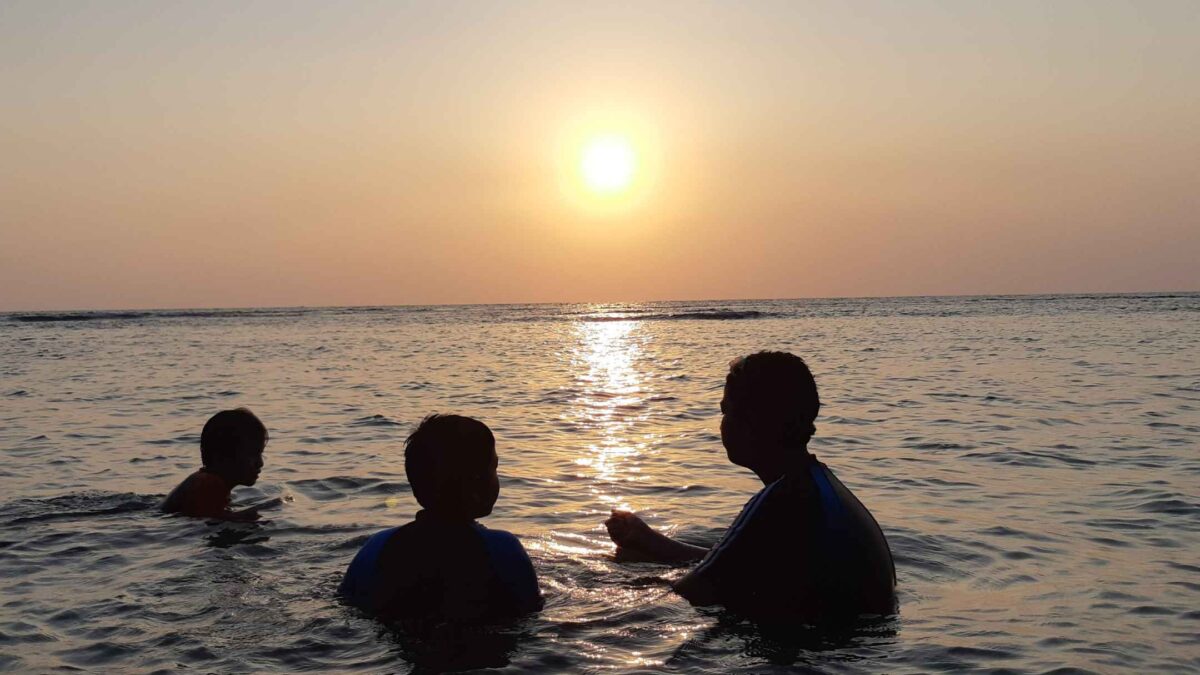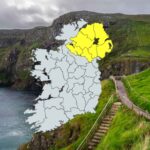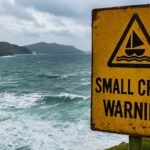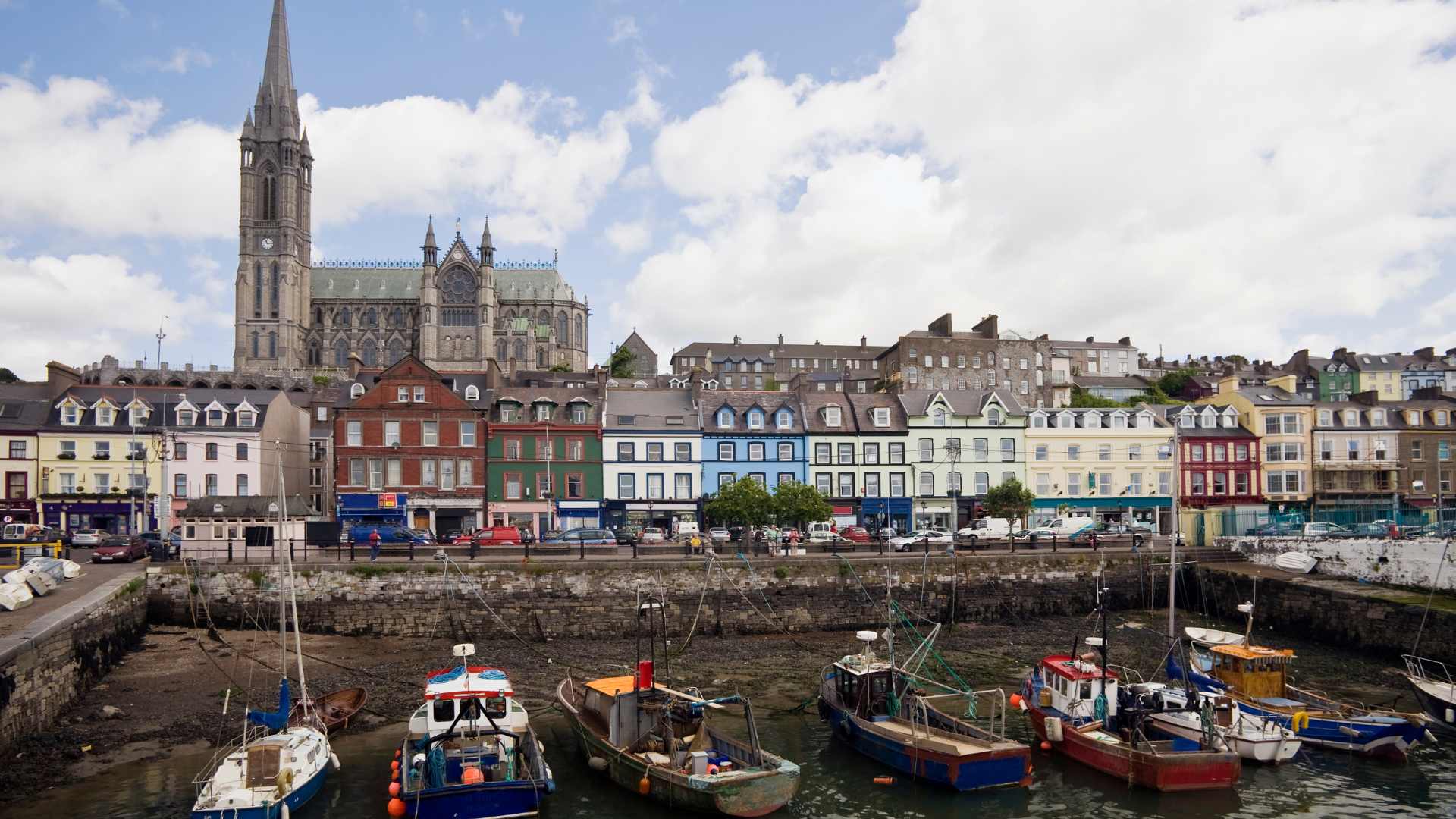
Rip Current Warning Issued Ahead of Bank Holiday

Swimmers and coastal visitors are being urged to exercise caution this August Bank Holiday weekend due to an increased risk of rip currents and strong offshore winds, particularly along Ireland’s east coast.
The Irish Coast Guard, RNLI, and Water Safety Ireland have issued a joint appeal to the public, advising anyone heading to the water to be aware of the dangers posed by rip currents, which are a leading cause of accidental drowning. The warning is especially aimed at those visiting unfamiliar coastal areas over the weekend.
Rip currents are powerful channels of water moving away from the shore. They can travel at speeds of 1 to 2 miles per hour but may reach 4 to 5 miles per hour, which is faster than an Olympic swimmer. These currents can quickly pull swimmers away from the safety of the shore into deeper water. Rips are often found near river mouths, estuaries, and man-made structures such as piers and groynes. While difficult to spot, they can sometimes be identified by churning or discoloured water on the surface.
Met Éireann has forecast strong winds over the weekend, with gusts up to Force 9 expected in some areas on Bank Holiday Monday. Offshore winds will be especially hazardous on east coast beaches where the wind will blow from land out to sea. These conditions make it easier to be swept out and harder to return safely. Swimmers, paddleboarders, and other water users are advised not to enter the sea in offshore wind conditions.
Inflatable toys should never be used in open water under any circumstances. People planning to swim are advised to use lifeguarded beaches where designated safe swimming zones are clearly marked with red and yellow flags. Swimming alone should be avoided. Bright coloured swimming caps can help improve visibility in the water.
If caught in a rip current, individuals are advised not to try to swim against it. If standing is possible, they should wade rather than swim. If swimming is necessary, they should move parallel to the shore until they are free of the current and then return to land. It is important to raise a hand and call for help as soon as difficulty arises.
In an emergency or if someone is seen in trouble, the public is advised to call 999 or 112 and ask for the Coast Guard.
Full details on rip current safety and a list of lifeguarded beaches are available at watersafety.ie.
Share this WeathÉire story:







